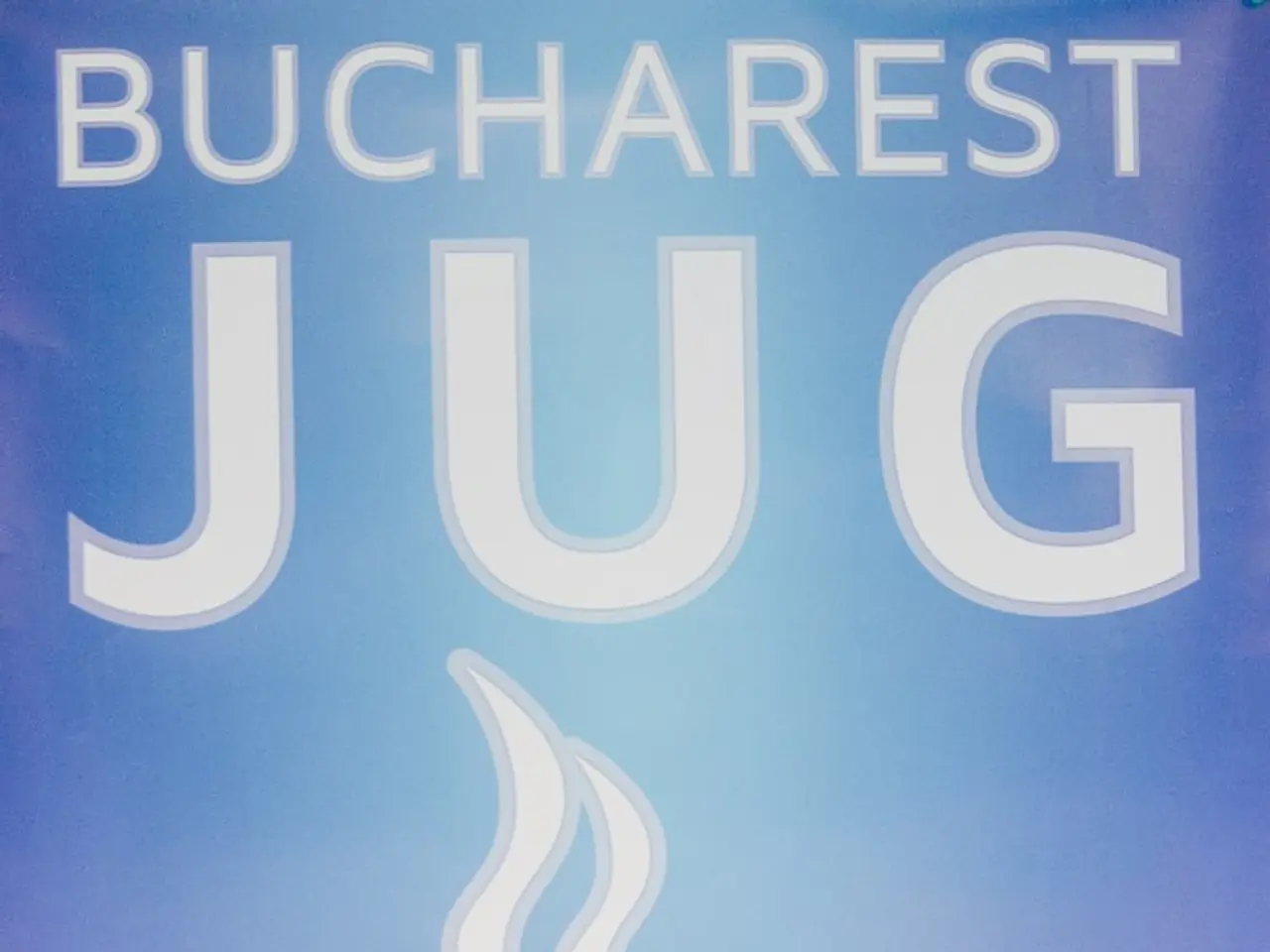Advertisers Voice Concerns Over Robberies
In both Germany and Britain, organized shoplifting is on the rise, posing a significant challenge to retailers and the economy. According to reports, criminal gangs and clans are responsible for large-scale shoplifting in Germany, targeting items such as alcohol, trainers, tech products, and cigarettes for resale on the grey market.
In Britain, shoplifting offences have surged by 20% in the year to March 2025, reaching the highest levels since records began in 2003. Entire gangs are acting organized and often without hesitation to show their faces, contributing to rising retail crime and violence against workers.
The economic impact on the UK retail sector is substantial, with estimated losses exceeding £2.2 billion annually. In Germany, the damage from shoplifting was 3 billion euros in 2024, a 20% increase compared to 2022.
Retailers often rely on exclusion orders and fortified store security instead of legal action due to the low rate of prosecution and conviction. Stefan Genth, CEO of the German Retail Federation (HDE), stated that around a third of shoplifting incidents account for a value of almost one billion euros. EHI expert Frank Horst claims that theft is 15 to 30 percent higher at self-checkouts compared to staffed checkouts.
The situation in Britain has been escalating for several years, with retailers facing increased costs due to theft-related price increases, deteriorating customer experience, increased employee risk, and retailer frustration with ineffective policing and judicial responses. Genth fears that, due to the increase in organized shoplifting, more goods will be locked away and shopping experiences will become similar to those in the USA, where many products are behind glass.
Addressing the problem requires enhanced policing, tougher legal measures, retailer cooperation, and safeguarding employees. Genth demands legal changes, investments in security, and better equipment for the judiciary to combat shoplifting. In Germany, there is caution that lenient sentencing and enforcement could lead to a US-style situation where many goods are locked behind cases, negatively affecting shoppers.
Calls for stronger law enforcement, improved police investigations, and more significant judicial attention to retail crime are widespread. In Britain, the Association of Convenience Stores reports more than 6.2 million shoplifting cases. Retailers spent around 1.5 billion euros last year on measures such as video surveillance, training, and additional security personnel to protect against theft.
In response, some are proposing legislative changes such as the UK's Crime and Policing Bill, which aims to increase police presence and remove thresholds preventing police prioritization of theft under £200. Hamm is starting a pilot project for therapeutic education, while Genth disputes the claim that there is a connection between self-checkouts and increased theft.
In conclusion, both Germany and Britain face rising organized shoplifting linked to economic pressures and under-enforced legal frameworks. To combat this trend, it is crucial to take action, including enhancing policing, implementing tougher legal measures, fostering retailer cooperation, and safeguarding employees.
- The rise in organized shoplifting in both Germany and Britain has become a significant concern for the finance industry, as it has substantial economic impacts on the retail sector and poses challenges to the general-news scenario.
- The retail sector in both countries is grappling with the issue of rising shoplifting incidents, with crime-and-justice concerns arising from the growth of criminal gangs and entire organized groups responsible for large-scale shoplifting.
- In order to address the escalating problem of organized shoplifting, stakeholders in both Germany and Britain are advocating for enhanced policing, tougher legal measures, retailer cooperation, and safeguarding employees, aiming to combat the trend and restore public trust in retail businesses.




